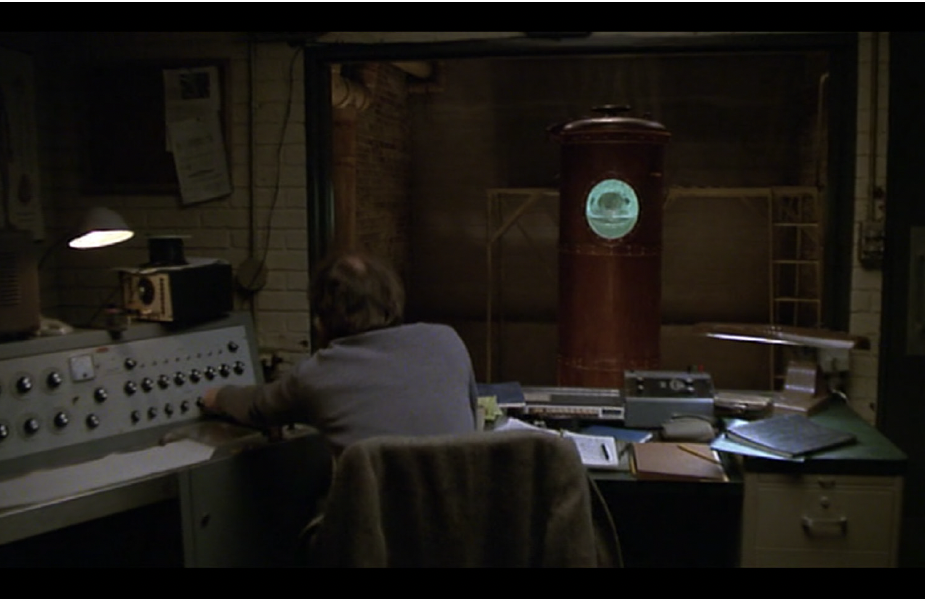Sensory deprivation research, which began in the US and Canada in the early 1950s, was born of Cold War ambitions and paranoias. Understanding how the human psyche responded to being enclosed in an environment designed to block out sound, light, and tactile stimulus, was at once considered useful for research in space exploration (understanding how humans might fare psychologically in space shuttles, and eventually, space colonies); for investigating how one might respond to being trapped inside an atomic bomb shelter; and if depriving a person of sensory stimulus might function as a useful interrogation device against the Soviets. Sensory deprivation research continued a legacy of scientific research into the control and discipline of perception that began in the mid 19th century. As the logic of capitalism demanded that subjects remain productive individuals, behavioral psychologists investigated how to selectively control sensory inputs to harness attention as a resource for maintaining social order and managing productive labor.
![]()
![]()
Stills from Altered States (1980), dir. Ken Russell

Stills from Altered States (1980), dir. Ken Russell